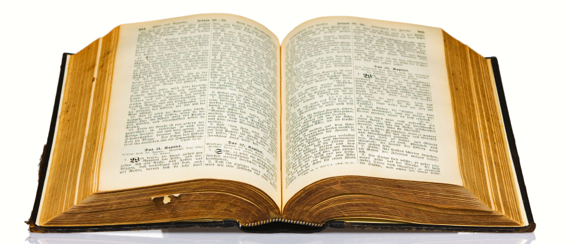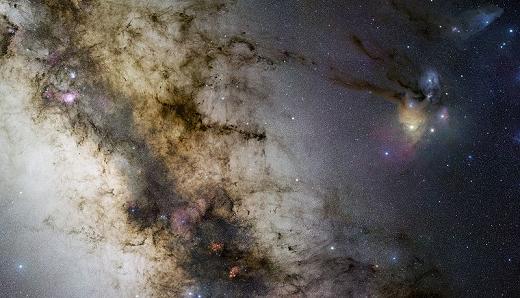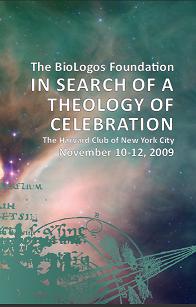
In the first posted white paper from our November workshop “In Search of a Theology of Celebration”, theologian Bruce Waltke presents eleven barriers for accepting creation through evolutionary means, as identified by evangelicals. Now in the second of the seven white papers — posted yesterday in our Scholarly Essays section — historian Mark Noll looks at the historical background of fifteen “attitudes, assumptions, and convictions” that lead modern evangelicals to actively combat modern science, and explains how the assumptions rose to prominence.
Noll divides these specific beliefs into several categories:
- Assumptions about metaphysical univocity, harmonization, natural theology, and the locus of problems when science and religion seem to clash.
- Convictions about the truth-telling character of the Bible.
- Attitudes or assumptions about the necessity of interpreting the Scriptures literally.
- The dangers of the modern research university.
- Belief that the public at large is the presumed best judge in issues of religion.
Throughout the essay, Noll carefully traces the emergence of these beliefs. He begins in the late 13th century with the work of Dun Scotus, a young contemporary of Aquinas who proposed that God’s actions towards humans can be understood by humans, and William of Ockham, whose famous “razor” deemed the simplest explanations of phenomena to be the best. Together, their work led to a general acceptance that once something can be explained as a natural occurrence, it cannot also be described in another realm.
Noll then continues through the birth and growth of the United States, tracing the unique interactions of democracy, freedom of religion, and a desire to shed the religious traditions of Europe, which led to many new assumptions about the proper relationship between religion, reason, tradition, and scripture. Noll also looks at the effects of the Civil War and World Wars I and II, as well as the rise of the belief that universities were “enemy territory” for evangelical Christianity. He ends with a look at the modern culture war of the evolution/creation dialogue.
Ultimately, it is this detailed historical analysis that allows Noll to accomplish what he sets out to do in the paper: to make it clear that “when conservative Protestants voice objections to different aspects of modern science, they do so for a complex set of well-established reasons”, and that “progress on this front probably depends most on increasing the number and quality of believing Christians who are willing to enter the world of university level science with commitments to historical Christianity and the modern practice of science firmly in place.”

